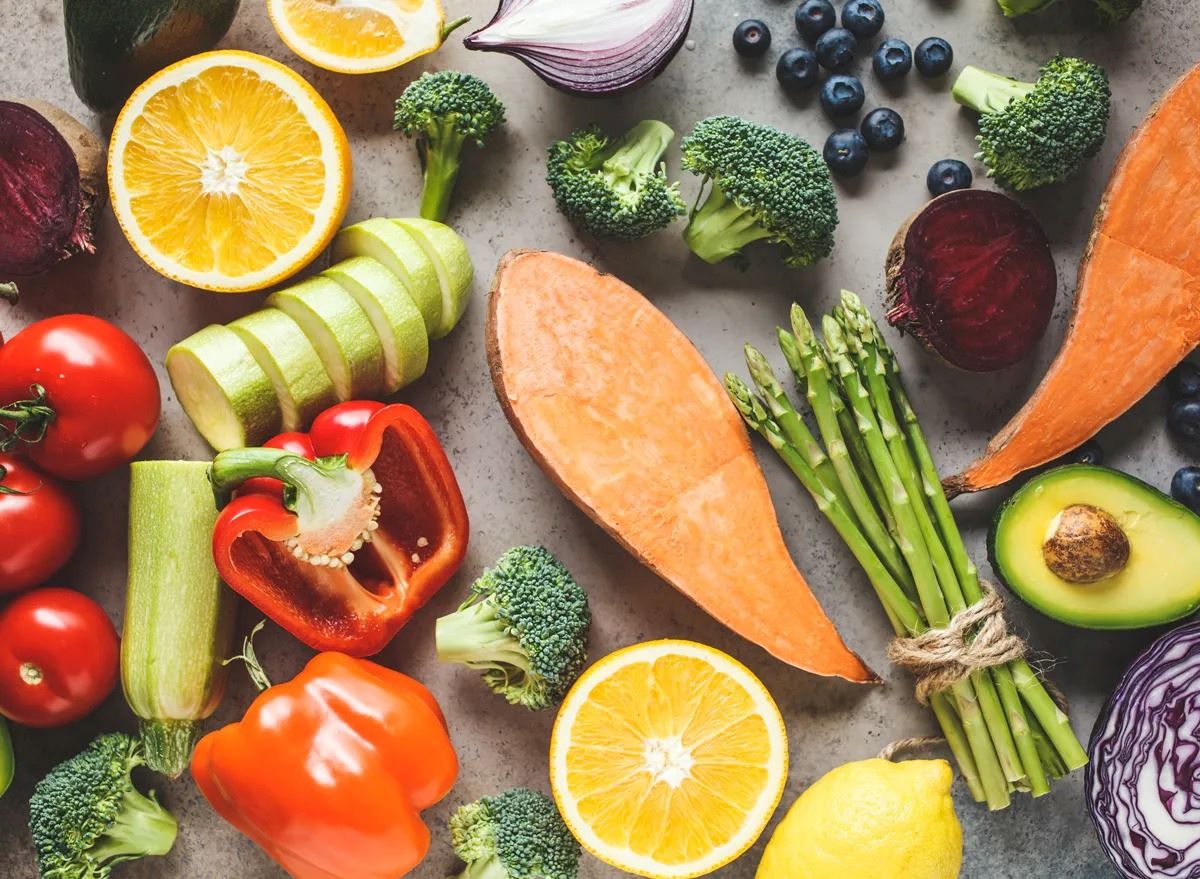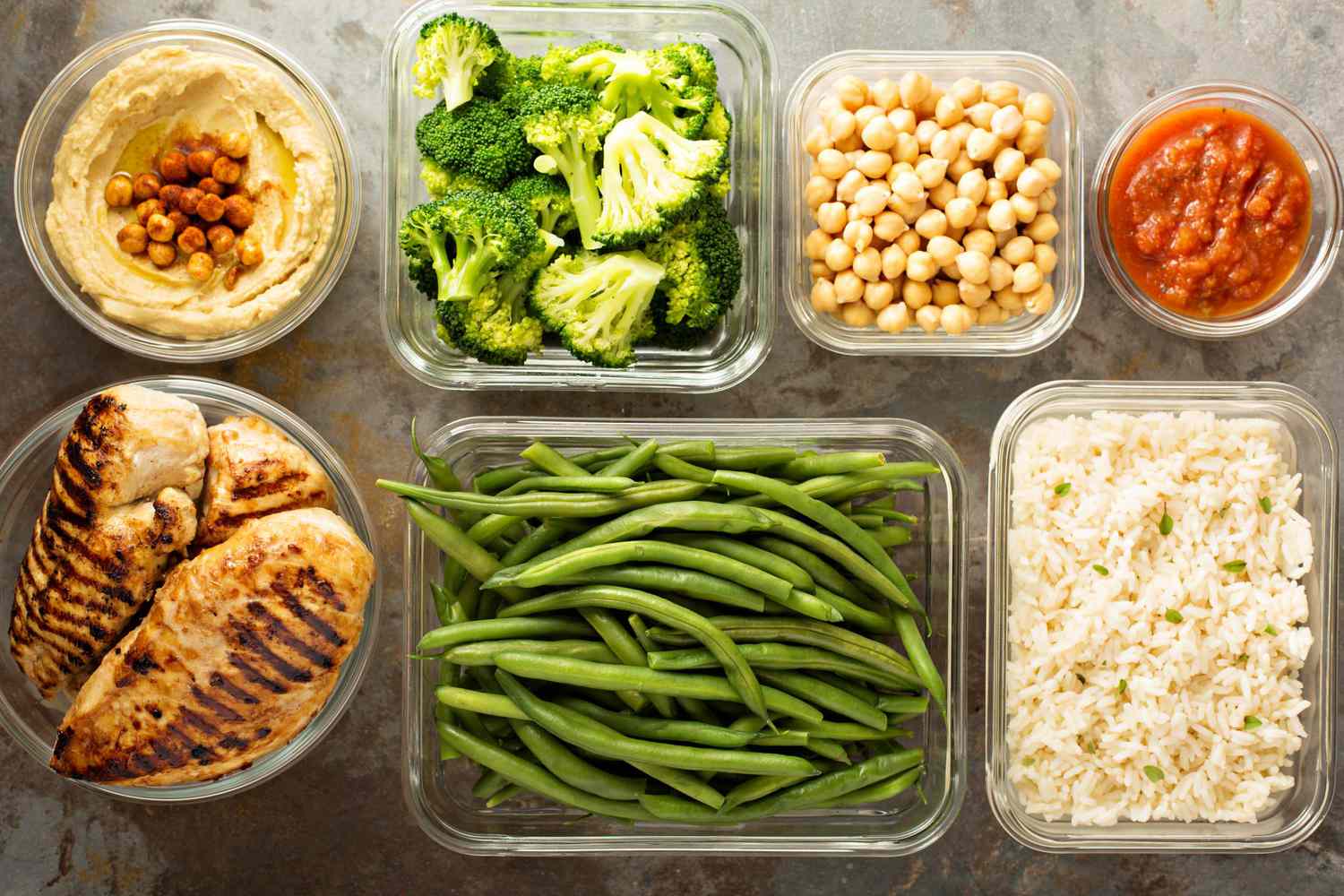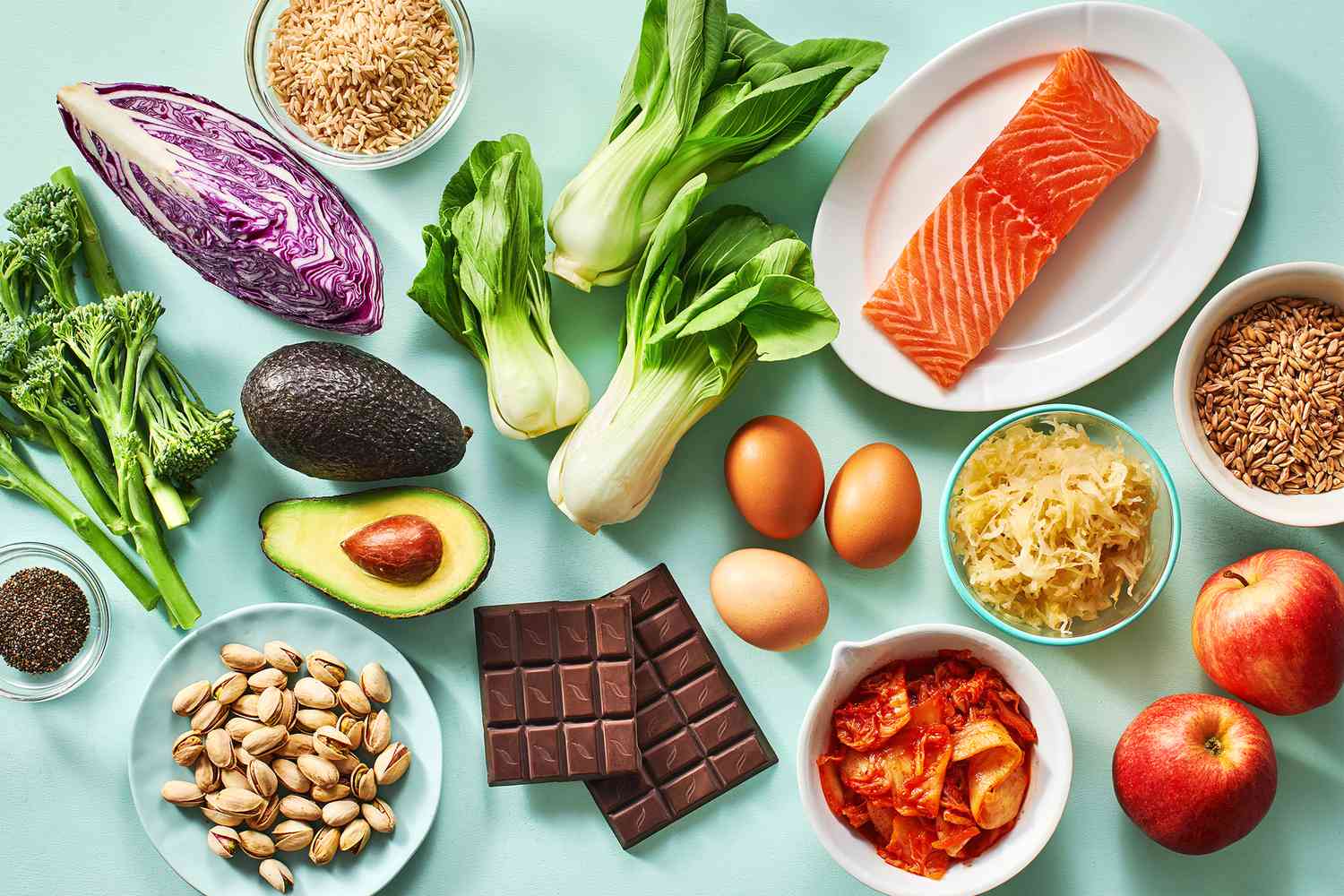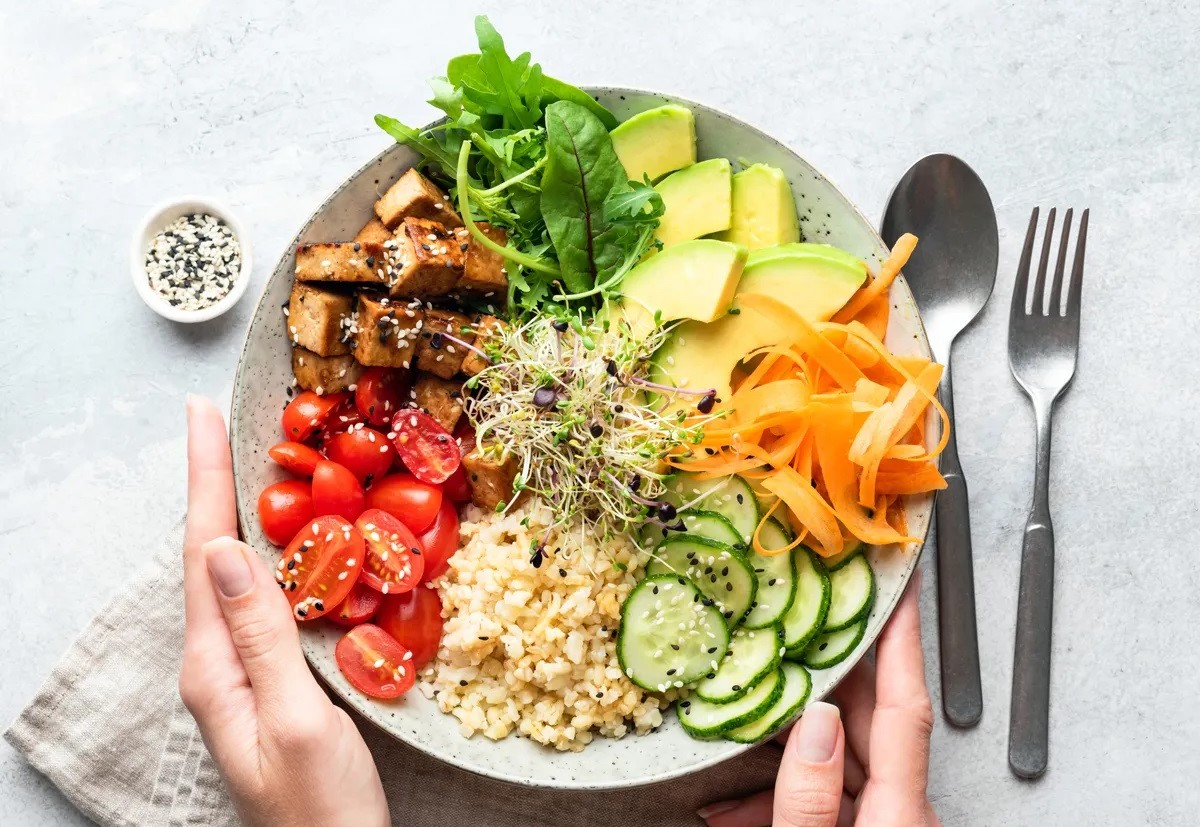When it comes to losing weight, one of the most important factors is the food we eat. Eating healthy foods can make a significant difference in our weight loss journey. By incorporating the right foods into our diet, we can nourish our bodies, boost our metabolism, and shed those extra pounds. Here are some tips on how to eat healthy foods to lose weight.
Focus on Whole Foods
When it comes to eating healthy, whole foods should be at the top of your list. These foods are in their natural state and have not been processed or refined. Examples of whole foods include fruits, vegetables, whole grains, lean proteins, and healthy fats. By incorporating more whole foods into your diet, you can increase your intake of essential nutrients and fiber, which can help you feel fuller for longer and reduce overall calorie intake.
Incorporate Lean Proteins
Proteins are essential for building and repairing tissues in our bodies. When trying to lose weight, it's important to incorporate lean proteins into your diet. These include foods such as chicken, turkey, fish, tofu, and legumes. Protein-rich foods can help you feel full and satisfied, making it easier to stick to your weight loss goals.
Choose Healthy Fats
Contrary to popular belief, not all fats are bad for you. In fact, healthy fats are an essential part of a balanced diet. Foods such as avocados, nuts, seeds, and olive oil are rich in healthy fats that can support weight loss. These fats can help keep you satisfied and provide essential nutrients for overall health.
Limit Processed Foods and Sugars
Processed foods and added sugars can contribute to weight gain and make it harder to lose weight. These foods are often high in calories and low in nutrients, making it easy to overconsume them. By limiting processed foods and sugars, you can reduce your overall calorie intake and improve the nutritional quality of your diet.
Practice Portion Control
Even when eating healthy foods, portion control is key when it comes to losing weight. It's important to be mindful of your portion sizes and avoid overeating, even with healthy foods. Using smaller plates, measuring portions, and being mindful of hunger and fullness cues can help you practice portion control effectively.
Stay Hydrated
Drinking an adequate amount of water is essential for overall health and can support weight loss efforts. Sometimes, our bodies can mistake thirst for hunger, leading to unnecessary snacking and overeating. By staying hydrated, you can help control your appetite and support your body's natural processes.
Plan and Prepare Meals
One of the best ways to ensure you're eating healthy foods to lose weight is to plan and prepare your meals in advance. This can help you avoid impulsive food choices and ensure that you have nutritious options readily available. Meal planning and preparation can also save time and make it easier to stick to your weight loss goals.
Be Mindful of Emotional Eating
Many of us turn to food for comfort or as a way to cope with emotions. Being mindful of emotional eating and finding alternative ways to manage stress and emotions can support your weight loss journey. Engaging in activities such as exercise, meditation, or talking to a friend can help you manage emotions without turning to food.
Seek Professional Guidance
If you're struggling to lose weight or make healthy food choices, seeking professional guidance can be beneficial. A registered dietitian or nutritionist can provide personalized recommendations and support to help you reach your weight loss goals in a healthy and sustainable way.
In conclusion, eating healthy foods is essential for losing weight and improving overall health. By focusing on whole foods, lean proteins, healthy fats, and practicing portion control, you can support your weight loss journey. Additionally, staying hydrated, planning and preparing meals, being mindful of emotional eating, and seeking professional guidance can further support your efforts. Remember, small changes in your diet can lead to big results in your weight loss journey.











